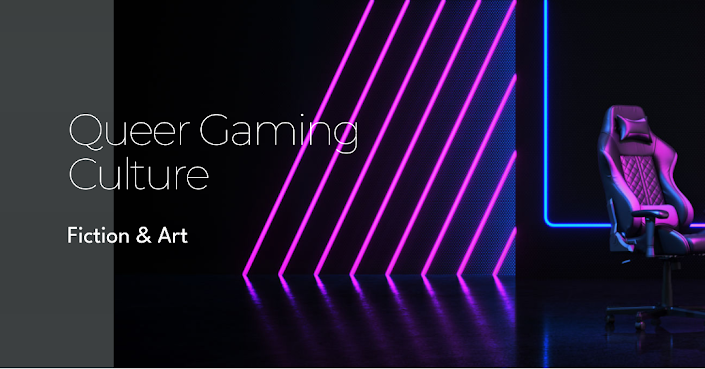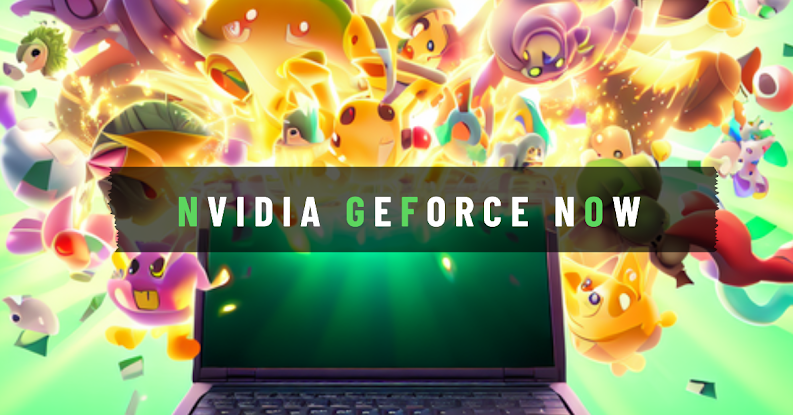Queer Gaming Culture: Fiction & Art
Since their origin, video games have gone a long way, and the industry has become more diverse and inclusive with each passing year. The expanding prevalence of LGBT culture in video games is one part of this variety. The effect of gay culture on video games is a crucial and current issue, ranging from the first portrayals of LGBT people to the modern incorporation of queer storylines and themes. This article investigates the effect of queer culture on video games by examining historical milestones, genre variants, developer viewpoints, player experiences, and critical theoretical analysis.
Historical Impact
The portrayal of LGBT people in video games has a long and tangled history. Queer characters were frequently presented as villains or comedic relief in the early days of gaming. It wasn't until the late 1990s and early 2000s that more complex portrayals of LGBT people in video games emerged. This period witnessed the release of games such as The Sims, which enabled players to form same-sex relationships, and Fallout 2, a revolutionary RPG offering a same-sex marriage option. These early achievements paved the way for improved video game representation and diversity.
Genre Exploration
Queer presence in video games is not restricted to a single genre. Queer themes and characters have found their way into practically every type of video game, whether action-adventure, role-playing, or simulation games. However, the way LGBT representation is depicted in various genres varies tremendously. Gay characters, for example, are frequently confined to side characters or NPCs in action-adventure games, but gay relationships and themes can be crucial to the primary plot in RPGs. This representation's influence on the player experience emphasizes the necessity of inclusive storytelling in developing varied gaming experiences.
"As game developers, we have the unique ability and responsibility to challenge prejudice and bigotry wherever it exists, and to celebrate and uplift those who have been historically marginalized." - Tim Schafer, Founder of Double Fine Productions
Developer and Industry Perspectives
LGBT characters may be found in video games of all kinds. Nowadays, practically all video game genres, including action-adventure, role-playing, and simulation games, have LGBT themes and characters. However, there are significant differences in how LGBT people are portrayed in other genres. In action-adventure games, for instance, LGBT characters are often relegated to supporting roles or non-player characters (NPCs). However, in RPGs, homosexual relationships and themes can be essential to the main storyline. An inclusive narrative is crucial to providing diverse gaming experiences because this portrayal influences gameplay.
Player Engagement and Experience
Creating welcoming and affirming gaming environments for queer players is essential in promoting diversity and inclusion in the gaming industry. Queer players have developed online and offline communities, providing spaces for queer gamers to connect and engage with each other. The significance of these communities cannot be overstated, as they provide a safe and affirming space for players who might not feel welcome in other gaming spaces.
Critical Theoretical Analysis
Applying the critical theoretical analysis to queer representation in video games can provide deeper insights and a better understanding of the impact of queer culture on gaming. The critical analysis of queer representation in video games can highlight how gaming culture intersects with more significant societal issues, such as homophobia, transphobia, and misogyny. This analysis can provide a framework for understanding the impact of queer culture on gaming and the importance of continued advocacy for more excellent representation and inclusivity in the industry.
Conclusion
The impact of queer culture on video games is undeniable. As the gaming industry continues to evolve and grow, so will the representation of queer themes and characters in video games. From the historical milestones to the genre variations, developer perspectives, player experiences, and critical theoretical analysis, it's clear that the impact of queer culture on video games is a multifaceted and complex topic that deserves ongoing exploration and advocacy.




Comments
Post a Comment
Connect with House Anomaly, we are always open to collaboration or critiques on how we can do better.